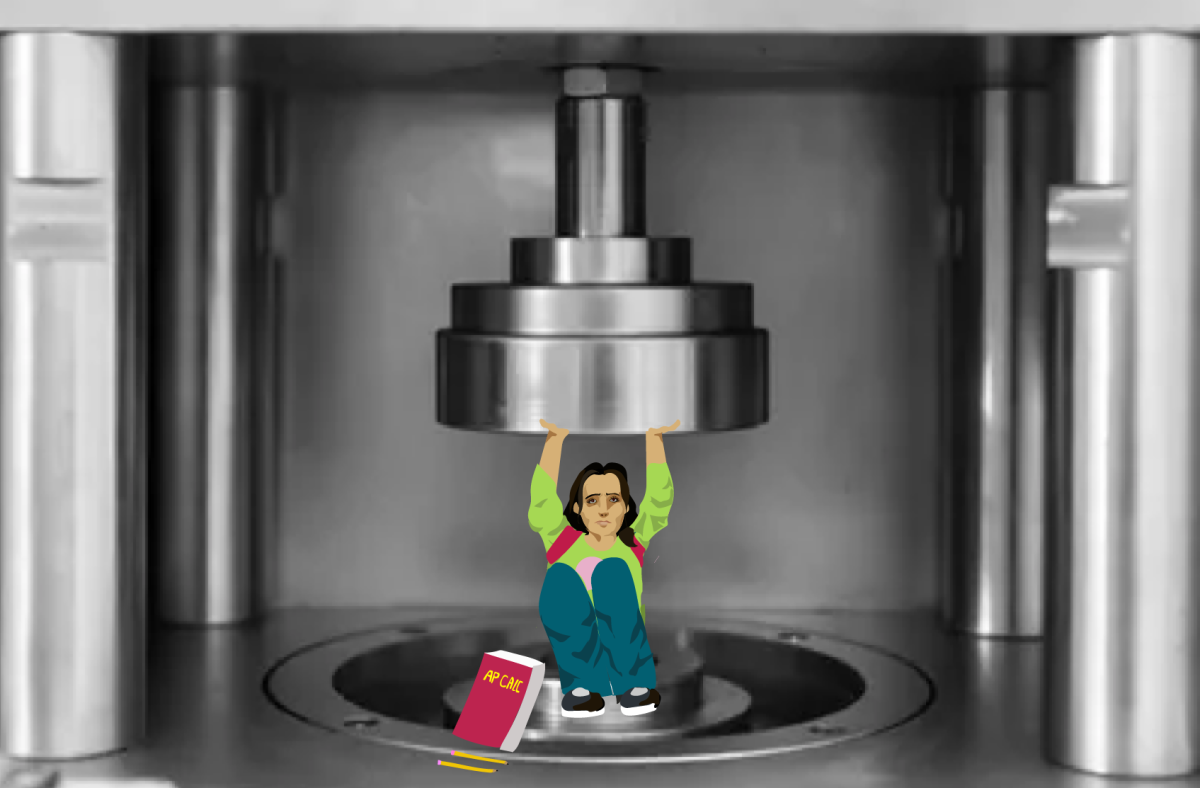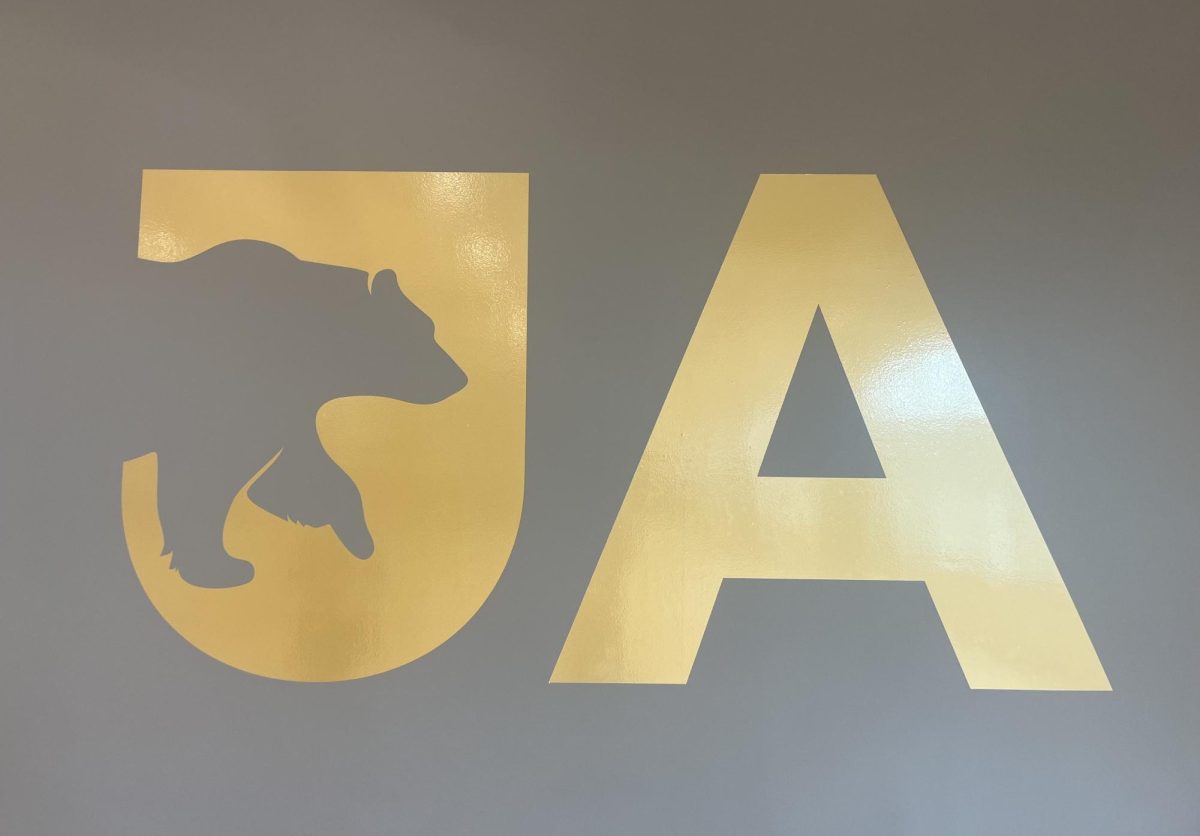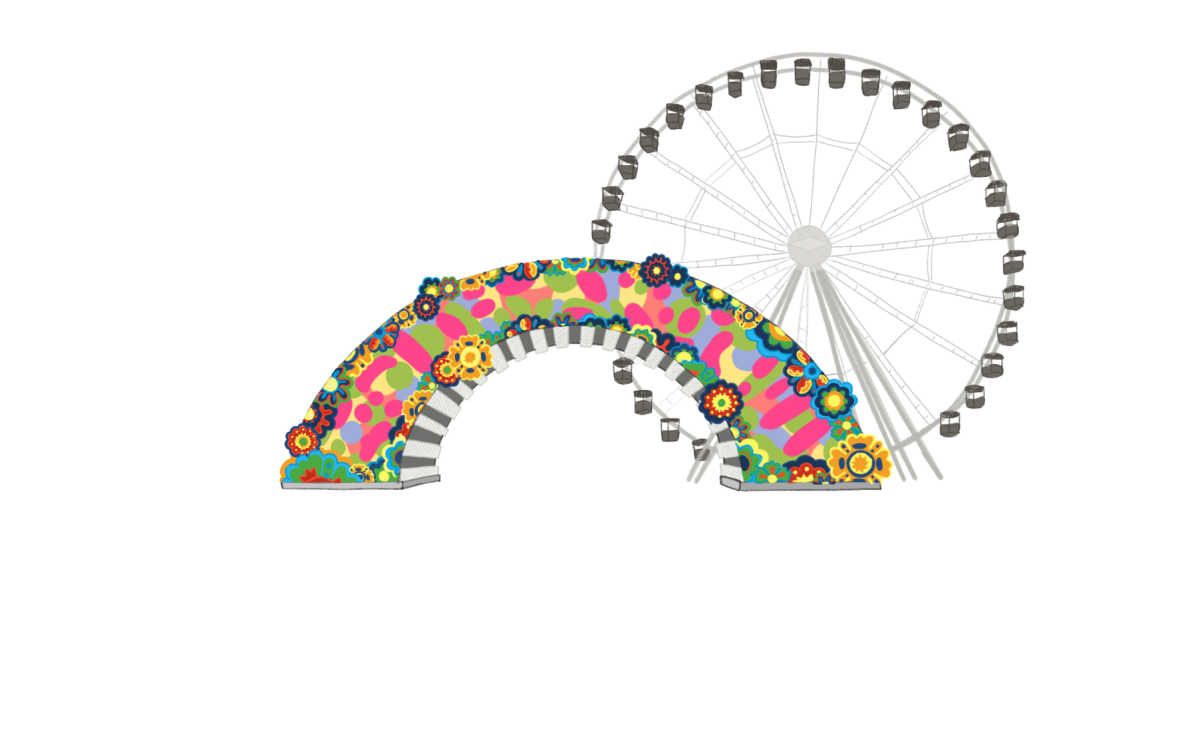This year’s senior class, the class of 2024, will be Upper Arlington’s 100th graduating class. One hundred years is not simply a landmark number— it provides an opportunity to consider UA’s past, present and future.
First, it is crucial that we reflect on UA’s history: the good, the bad and the ugly. If we look back all the way to 800 A.D., we learn that the land we now call home was rich with various cultures. The Adena culture, made up of different Native American tribes, first inhabited the land, followed by the Wyandots.
The land was later used by U.S. military forces and was eventually developed by King and Ben Thompson. They purchased the original 840 acres of land in 1913, and it officially became the Village of Upper Arlington in 1918.
The newly founded town was home to many World War II service members and their families, along with others looking for a tight-knit residential community.
Stories of Indigenous cultures and young entrepreneurs dominate our elementary school history lessons, but the uglier aspect of UA’s past is often overlooked.
For example, practices were implemented to intentionally limit racial diversity in UA and were utilized until the 1970s.
These practices included property restrictions, which sometimes directly prohibited Black people from purchasing property.
Additionally, it’s likely that UA would have been considered a “sundown town,” earning this title for excluding people of color
from being in the city after sunset.
Despite this less than admirable past, Upper Arlington has grown in terms of diversity and inclusion.
Recently, a memorial has been erected for Pleasant Litchford, a formerly enslaved man who bought his freedom and founded a thriving Black community on the land that is now a part of Upper Arlington.
Bill Moose, a member of the Wyandot tribe, was buried on “Wyandot Hill,” which is now a part of Upper Arlington. This
location is also honored as a historical marker.
Of course, however, there is always more work to be done. So, along with the 100th graduating class, we urge you to learn about the history of UA and look to the future with intention, optimism and a willingness to learn from the past to improve your community.






